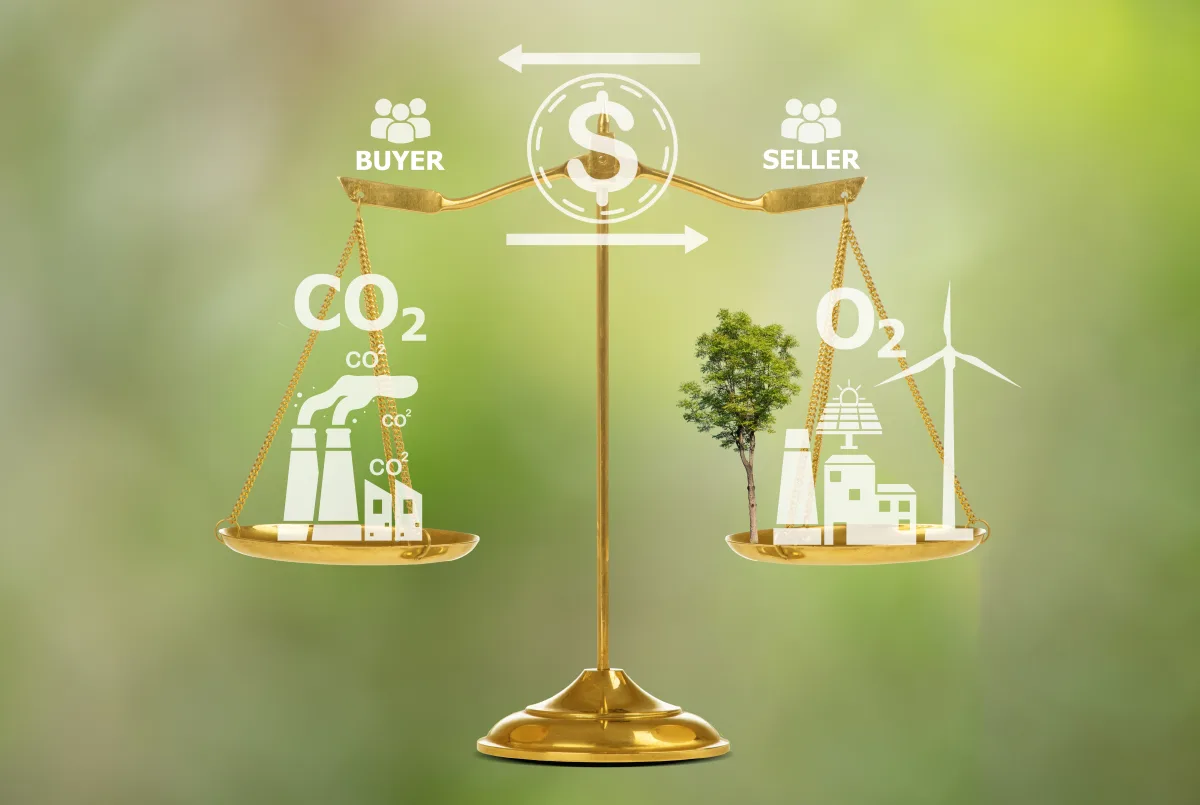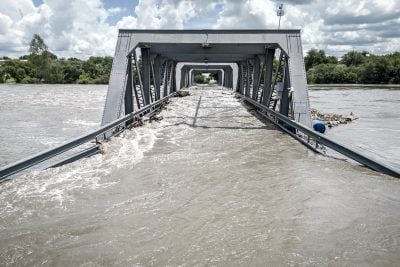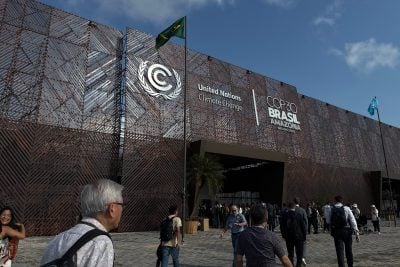Recent months have seen a flurry of interest in Africa’s potential role in the voluntary carbon market, accompanied by a series of major announcements about land deals for carbon removals projects. Yet this activity makes it easy to overlook a major reality – that the voluntary carbon market is in deep trouble.
The basic concept behind carbon markets – that organisations that cause carbon emissions should fund projects that “offset” this harm by removing carbon from the atmosphere – has never been universally popular. Critics believe that allowing polluters to purchase so-called carbon credits serves as a get-out-of-jail-free card that enables them to avoid cutting their emissions.
Criticism of the carbon market has intensified this year, amid a series of high-profile media reports exposing carbon offset projects that appear to have glaring flaws in their design and methodology.
Exposés in The Guardian and other international media have drawn attention to REDD+ projects – a type of scheme in which the proceeds of carbon credits can be used to protect existing forests. Investigations have suggested that many of these schemes exaggerate their impact – in some cases, credits have allegedly been sold to “protect” forests that are not actually in immediate danger. Such schemes are said to be “worthless”, in that the purchase of carbon credits makes no difference to the amount of carbon being removed from the atmosphere.
Yet while the bulk of negative media coverage has focused on one type of scheme, the effect of this reporting has been to cast a shadow over the entire voluntary carbon market. Non-profit group Carbon Direct estimated last month that carbon credit issuance is set to decline by 7% between 2021 and 2023. Meanwhile, “retirements” – which indicate that the credit has been claimed and removed from the market – are on course to plummet by 25%.
Related articles
- Three priorities for Africa at COP28
- Carbon capture pioneer eyes Kenyan opportunities
- How can Africa get a fair price for its carbon credits?
Prices plummet
“The market has effectively collapsed,” says Ken Newcombe, CEO of C-Quest Capital, a company that offers carbon credits through projects that also aim to produce societal benefits. One of its main focus areas in Africa is the deployment of clean cookstoves, especially in Malawi. Clean cooking solutions are designed to prevent carbon emissions from the burning of biomass, including charcoal, while also reducing pressure on forests from wood-collecting and improving the health and wellbeing of women in rural areas.
Newcombe acknowledges that criticism of carbon offsetting is “not baseless”, but adds that critics are “often wildly off-base.”
He reports that a lack of demand means that C-Quest has stopped rolling out projects based on the expectation of future carbon credit sales. Instead, it is only launching projects when a forward buyer is available. “No longer are we taking market risk ourselves,” he tells us. “We just can’t afford to do that because market prices are literally half to a third what they were a year ago.”
This on-the-ground reality may seem surprising, given that there is certainly appetite from some quarters to invest in large-scale carbon offsetting projects in Africa. The African Carbon Markets Initiative was launched at COP27 last year, with the aim of generating $6bn in carbon credit income by 2030. The initiative achieved a major boost in September, with a UAE consortium pledging a $450m carbon credit purchase on the continent.
More controversially, Dubai-based investor Blue Carbon has attempted to negotiate huge land deals for carbon offset projects in several African countries, prompting furious push-back over the alleged failure to consult forest communities.
Away from headline-grabbing announcements intended to generate momentum ahead of COP28 in Dubai, Newcombe says that C-Quest is focused on weathering the storm until the market recovers. “Our whole mission at the moment is to stabilise – improve our processes, improve our products over the course of the next 12 to 18 months,” he says.
On the positive side, Newcombe points out that C-Quest continues to be approached by corporates, many of which currently prefer to remain “below the radar”, but are prepared to a pay a premium for carbon offsets that can demonstrate integrity. “And there’s enough of them that gives me confidence that the market’s not going to go away, so long as we make sure that what we’re offering to the market is high quality,” he says.
Want to continue reading? Subscribe today.
You've read all your free articles for this month! Subscribe now to enjoy full access to our content.
Digital Monthly
£8.00 / month
Receive full unlimited access to our articles, opinions, podcasts and more.
Digital Yearly
£70.00 / year
Our best value offer - save £26 and gain access to all of our digital content for an entire year!

 Sign in with Google
Sign in with Google 



